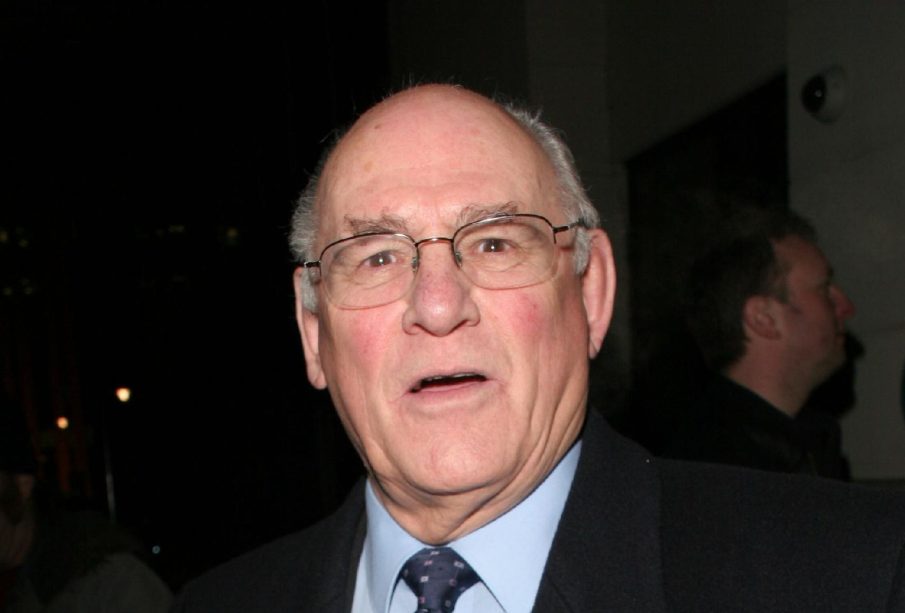The Remarkable Career of Tony Caunter in British Theatre

Introduction
Tony Caunter, a distinguished figure in British theatre and television, has captivated audiences for decades with his dynamic performances and rich contributions to the arts. His illustrious career reflects the evolution of British theatre from the 1960s to the present day. As the cultural landscape continues to change, understanding Caunter’s impact is essential for appreciating the depth of talent in the industry.
Early Life and Career
Born on 14th December 1935 in the East End of London, Tony Caunter developed an early interest in acting. He attended the Royal Academy of Dramatic Art (RADA) and quickly began making his mark on stage after graduating. His initial performances showcased his versatility, and he soon transitioned into television, where he found equal success.
Key Roles and Accomplishments
Throughout his career, Tony Caunter has appeared in a wide variety of significant productions. He is perhaps best known for his role as Reg Hollis in the acclaimed British television series ‘EastEnders.’ His portrayal of the character left an indelible impression on fans of the show, making Reg a household name during the 1990s. Beyond ‘EastEnders,’ Caunter has also made notable appearances in series such as ‘The Bill’ and ‘Doctors’, further showcasing his dynamic range as an actor.
Theatre Contributions
Caunter’s contributions to theatre are just as commendable. He has performed with major companies and during prominent festivals, including the National Theatre and various regional theatres across the UK. His performances in classic plays demonstrate his respect for traditional pieces while also embracing contemporary works that challenge conventional narratives. His dedication to live theatre has helped to inspire emerging talents and keep the art form alive.
Recent Projects and Legacy
In recent years, Tony Caunter has continued to be active in the industry, often appearing in local productions and undertaking voice work as well. His commitment to mentoring young actors reflects his belief in nurturing the next generation of talent. As the arts community grapples with the lasting impact of the pandemic, veterans like Caunter serve as essential reminders of the importance of resilience and adaptability within the arts.
Conclusion
Tony Caunter’s career is a testament to the richness of British theatre and television over the decades. As we honour his contributions, it is crucial to continue supporting the arts and recognising the achievements of those who laid the groundwork for future generations. As the theatre continues to evolve, Tony Caunter’s legacy will undoubtedly remain a pivotal part of its history, inspiring audiences and actors alike for years to come.









